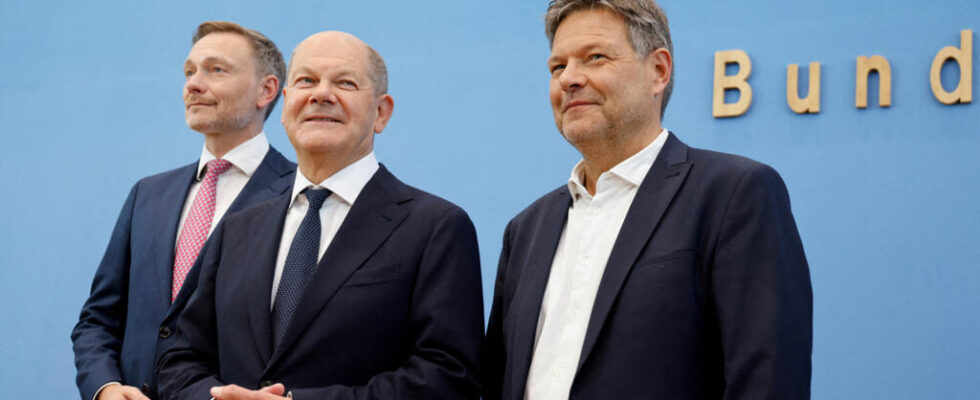France finds itself in the aftermath of the legislative elections with a Parliament in which no clear majority is emerging. The New Popular Front is missing more than a hundred deputies to reach an absolute majority. It will therefore be difficult to set up a stable government. Elsewhere in Europe, the absence of an absolute majority for a single party often implies that an alliance is the norm. This is the case in Germany, which excels in the art of building very diverse coalitions.
2 min
With our correspondent in Berlin, Pascal Thibaut
At the national level, in Germany, where proportional representation is used, there has been only one absolute majority in 75 years. That was in 1957 with Chancellor Adenauer’s CDU.
Coalitions are the rule and have long associated two parties. With the fragmentation of the political landscape – the big parties are retreating while new ones are created – this is becoming more complicated. Three-party coalitions are necessary, as today with the so-called “traffic light” coalition of the Chancellor Scholz which bring together the Social Democrats, the Greens and the Liberals. In the sixteen German regions, a real political rainbow reigns with alliances between conservatives and Greens, with these two parties associated with the Liberals or even the Christian Democrats, the SPD and the Greens.
As we can see, ideological flexibility and pragmatism are required. Political polarization and the right-left divide are less significant. Only the far-right AfD party remains excluded from the republican arc. The conservatives also rule out any alliance with the left party. The Left but are open at regional level to agreements with the new national social party BSW.
Among the limitations of this system, there are first of all the negotiations to form a coalition, which can take many weeks. The Scholz government was set up two and a half months after the legislative elections. The need to govern often in threes and fours with ideologically different parties can cause tensions within coalitions. And we are currently seeing this in Berlin. Or it forces us to agree on the lowest denominator. And these very diverse constellations beyond political divisions can benefit the extreme right, which is excluded from the political game and considers that its competitors are interchangeable.
Read alsoEuropean elections 2024: Germany’s votes and non-votes raise questions
